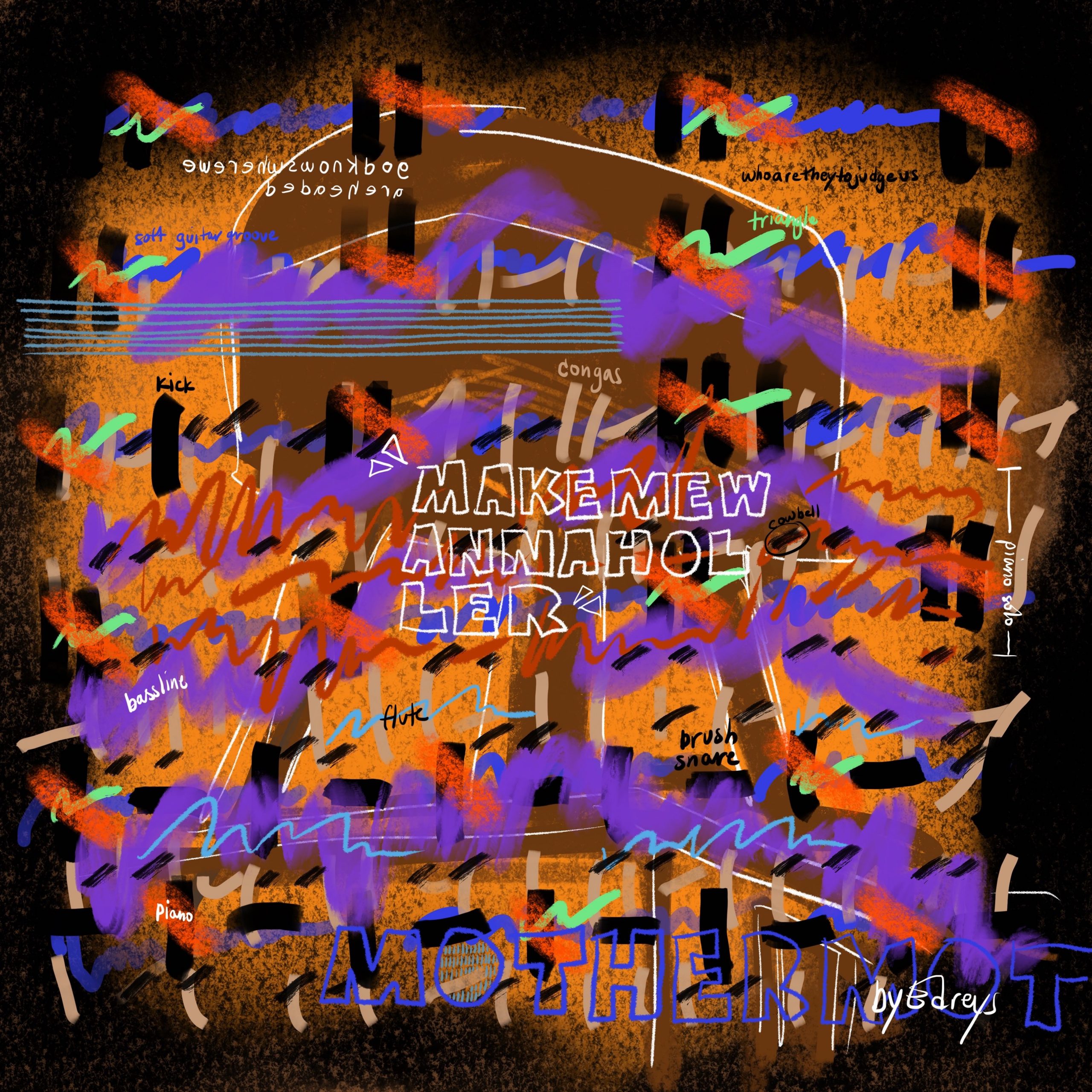Community Engagement
With the courts shut down due to COVID, our block club partners needed to pressure to property owners to address vacancy at a time of housing shortage. At the same, they needed to take over the City’s data collection responsibilities so that properties could be written for court in anticipation of its reopening.

